15 Hollywood actors who became Successful Directors
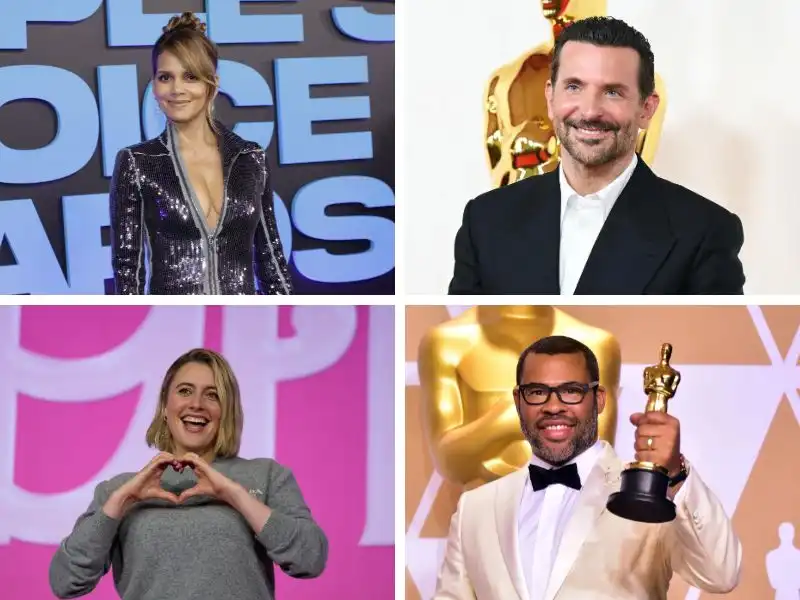
It’s not uncommon for Hollywood actors to try their hand at directing. After all, who wouldn’t want to step behind the camera and call the shots for a change? Many actors have successfully transitioned from in front of the lens to behind it, proving that they have the talent and vision to excel in both roles. Let’s take a look at some Hollywood actors who have made a name for themselves as successful directors.
List of Popular Hollywood actors who became successful directors
Rob Reiner
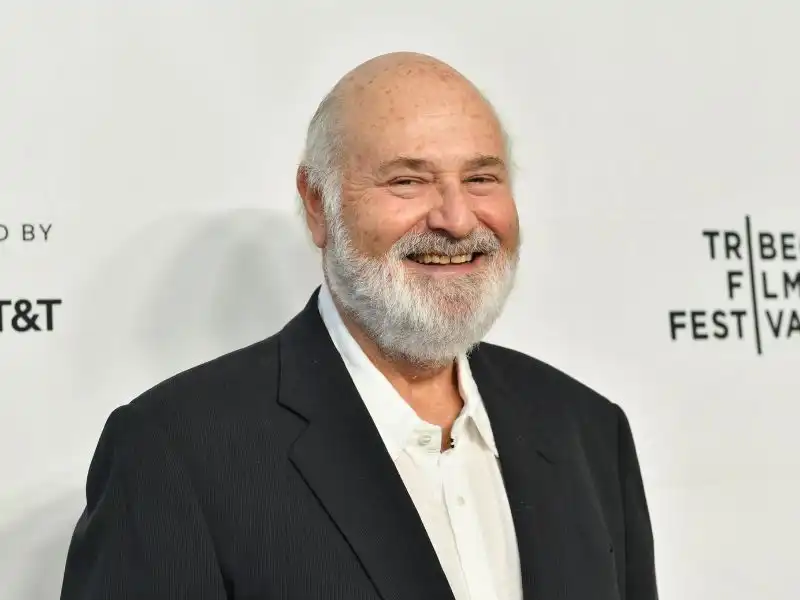
Reiner initially pursued a career in acting. He studied drama at UCLA and became known for his role as Michael “Meathead” Stivic on the groundbreaking sitcom “All in the Family” (1971-1979). His performance on the show earned him two Emmy Awards and significant recognition.
Directorial Debut and Success
First Directorial Effort: Reiner’s directorial debut came with the film “This Is Spinal Tap” (1984), a mockumentary about a fictional heavy metal band. The film, which he also co-wrote, was a critical success and has since become a cult classic, showcasing his unique comedic vision and directorial capabilities.
Breakthrough and Critical Acclaim:
Following the success of “This Is Spinal Tap,” Reiner directed several critically acclaimed films:
Stand by Me (1986):
A coming-of-age drama based on Stephen King’s novella “The Body,” which was both a commercial and critical success.
The Princess Bride (1987):
A fairy tale adventure that has become a beloved classic.
When Harry Met Sally… (1989):
A romantic comedy that is often cited as one of the best in the genre.
Misery (1990):
A psychological thriller based on Stephen King’s novel, which earned Kathy Bates an Academy Award for Best Actress.
A Few Good Men (1992):
A legal drama that was a box office hit and received several Oscar nominations.
Reiner continued to direct a variety of successful films throughout the 1990s and 2000s, such as “The American President” (1995) and “The Bucket List” (2007). His ability to work across genres—from comedy and romance to thriller and drama—solidified his reputation as a versatile and talented director.
Robert Redford
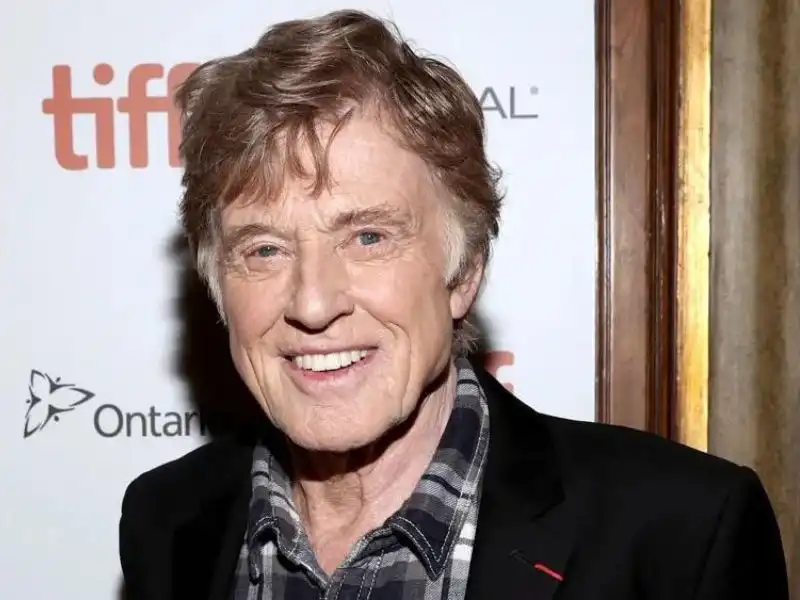
Redford began his career in the late 1950s with various stage and television roles. He gained prominence with his Broadway performance in “Barefoot in the Park” (1963). His film career took off in the 1960s, and he became a major star with roles in films like “Butch Cassidy and the Sundance Kid” (1969), “The Sting” (1973), and “All the President’s Men” (1976).
Directorial Debut and Success
Redford made his directorial debut with “Ordinary People” in 1980. The film, a drama about a family dealing with the aftermath of a son’s death, was critically acclaimed and a commercial success. It won four Academy Awards, including Best Picture and Best Director for Redford.
Establishing a Directorial Career: Following the success of “Ordinary People,” Redford directed several more films:
The Milagro Beanfield War (1988):
A drama about a small New Mexico town’s struggle against a powerful developer.
A River Runs Through It (1992):
A poignant drama based on Norman Maclean’s semi-autobiographical story, which received an Academy Award for Best Cinematography.
Quiz Show (1994):
A historical drama about the 1950s television quiz show scandals, which was nominated for several Oscars, including Best Picture and Best Director.
The Horse Whisperer (1998):
A romantic drama starring Redford, which he also directed, based on the novel by Nicholas Evans.
Warren Beatty
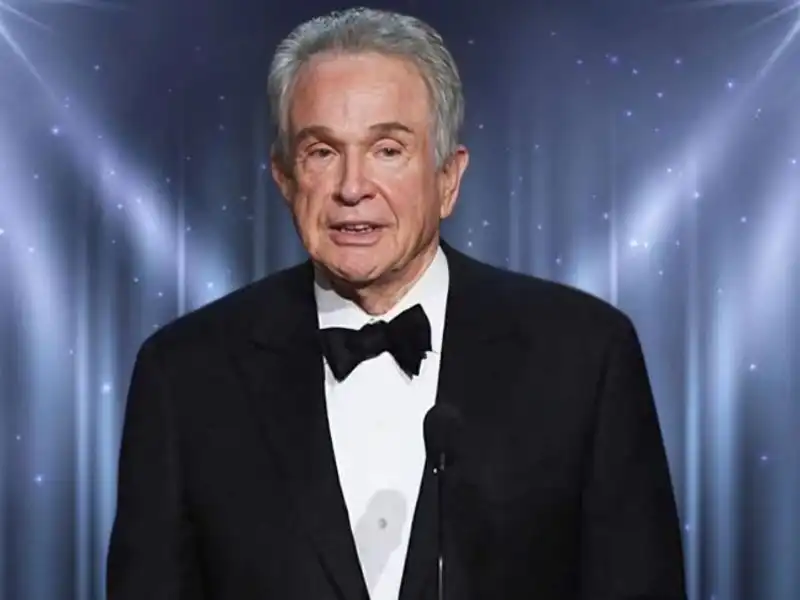
Beatty gained recognition with his film debut in “Splendor in the Grass” (1961), which earned him a nomination for a Golden Globe Award for Best Actor. Throughout the 1960s, he established himself as a leading actor in Hollywood with roles in films like “Bonnie and Clyde” (1967), which he also produced.
Beatty’s role as a producer on “Bonnie and Clyde” gave him significant creative control over the project. The film’s success and critical acclaim reinforced his desire to have more control over his work and contributed to his growing interest in directing.
Directorial Debut and Success
First Directorial Effort with “Heaven Can Wait”:
Beatty made his directorial debut with “Heaven Can Wait” in 1978, co-directing with Buck Henry. The film, a remake of “Here Comes Mr. Jordan” (1941), was a major success. It received nine Academy Award nominations, including Best Picture, Best Director, and Best Actor for Beatty.
Reds and Critical Acclaim:
Following the success of “Heaven Can Wait,” Beatty directed, produced, and starred in “Reds” (1981), an epic historical drama about the life of journalist John Reed. The film was both a critical and commercial success, earning 12 Academy Award nominations. Beatty won the Oscar for Best Director, solidifying his reputation as a talented filmmaker.
Dick Tracy (1990):
A colorful and stylized adaptation of the comic strip character, which showcased Beatty’s flair for visual storytelling. The film was a box office success and won three Academy Awards.
Bulworth (1998):
A satirical comedy about a disillusioned politician, which Beatty directed, produced, wrote, and starred in. The film received critical acclaim for its sharp social commentary.
Clint Eastwood
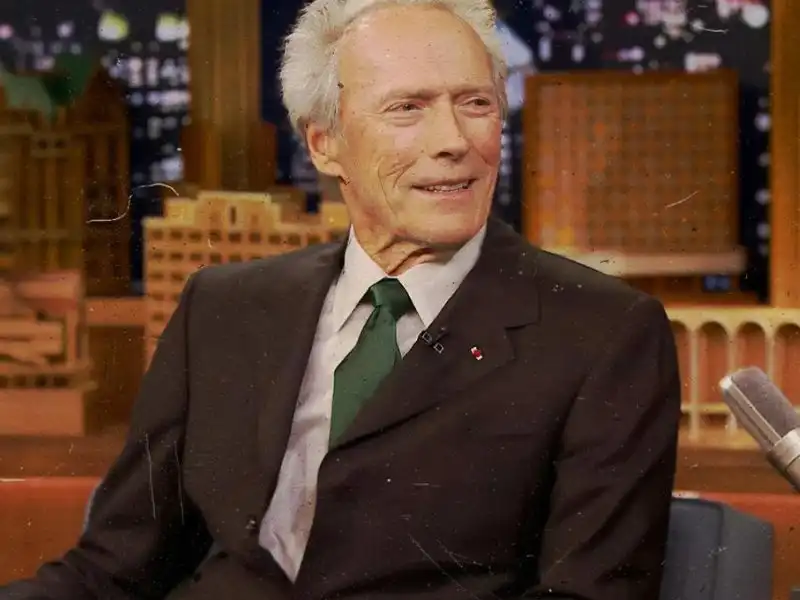
Eastwood’s acting career began in the mid-1950s with small roles in films and TV shows. His big break came with the TV series “Rawhide” (1959-1965), where he played the role of Rowdy Yates, gaining him significant recognition.
Eastwood’s career skyrocketed when he starred in Sergio Leone’s “Dollars Trilogy” (“A Fistful of Dollars,” “For a Few Dollars More,” and “The Good, the Bad and the Ugly”) in the mid-1960s. These films made him an international star and established his tough-guy persona.
Establishing a Directorial Career
First Directorial Effort with “Play Misty for Me”:
In 1971, Eastwood made his directorial debut with “Play Misty for Me,” a psychological thriller in which he also starred. The film was a commercial success and demonstrated Eastwood’s potential as a director.
High Plains Drifter (1973):
A Western that further showcased his directing skills and was both a commercial and critical success.
The Outlaw Josey Wales (1976):
A revisionist Western that received acclaim for its nuanced storytelling and Eastwood’s performance.
“Bronco Billy” (1980):
A film that highlighted Eastwood’s ability to blend humor and drama.
Unforgiven (1992):
Eastwood directed and starred in this Western, which was a critical and commercial triumph. The film won four Academy Awards, including Best Picture and Best Director for Eastwood, cementing his status as a top-tier director.
Million Dollar Baby (2004):
Another major success, this boxing drama earned Eastwood his second Academy Award for Best Director and won the Oscar for Best Picture.
Halle Berry

Halle Berry began her acting career in the late 1980s with roles in television shows and films. She gained recognition for her performance in Spike Lee’s “Jungle Fever” (1991) and later starred in “Boomerang” (1992) and “The Flintstones” (1994).
Berry’s breakthrough role came with “Monster’s Ball” (2001), for which she won the Academy Award for Best Actress. She became the first African-American woman to win the award, marking a significant milestone in her career.
In 2020, Halle Berry made her directorial debut with the mixed martial arts (MMA) drama film, “Bruised.” Berry also took on the lead role in the movie, playing the character of Jackie Justice, a disgraced MMA fighter seeking redemption in the cage and in her personal life. The film received praise for its intense fight sequences and Berry’s commitment to the role, both as a director and as an actor.
Olivia Wilde

Olivia Wilde began her career as an actress, gaining recognition for her roles in television series like “The O.C.” and “House” in the mid-2000s. She also appeared in films such as “Tron: Legacy” (2010) and “Cowboys & Aliens” (2011), establishing herself as a talented performer.
In 2019, Wilde made her directorial debut with the coming-of-age comedy film “Booksmart.” The film received widespread critical acclaim for its sharp writing, authentic portrayal of teenage friendship, and Wilde’s confident direction. “Booksmart” was praised for its fresh perspective and humor, earning Wilde recognition as a talented director.
Following the success of “Booksmart,” Olivia Wilde took on the director’s chair for the highly anticipated psychological thriller “Don’t Worry Darling.” The film features a stellar cast, including Florence Pugh, Harry Styles, and Chris Pine. Set in the 1950s, the movie revolves around a housewife who uncovers unsettling truths about her seemingly perfect life. With Wilde at the helm, the film generated significant buzz and raised expectations in the industry and among movie enthusiasts.
Kenneth Branagh

Branagh’s deep-rooted love for Shakespearean plays has been evident throughout his career. His directorial debut, “Henry V” (1989), not only showcased his acting prowess but also marked the beginning of his journey as a filmmaker. The film received critical acclaim and garnered Branagh his first Academy Award nominations for Best Director and Best Actor.Following the success of “Henry V,” Branagh continued to bring Shakespeare’s works to the silver screen with adaptations like “Much Ado About Nothing” (1993) and “Hamlet” (1996). His ability to infuse these timeless tales with a modern cinematic sensibility attracted both ardent Shakespeare enthusiasts and mainstream audiences, solidifying his reputation as a maestro of Shakespearean adaptations.
In 2011, Branagh ventured into the realm of superhero films with “Thor,” part of the Marvel Cinematic Universe. Bringing the Norse god of thunder to life on the big screen was no small feat, but Branagh’s direction injected the film with grandeur and gravitas, earning praise from comic book aficionados and casual moviegoers alike.”Thor” proved to be a commercial success, grossing over $760.9 million worldwide. Branagh’s ability to seamlessly transition from intimate period dramas to larger-than-life superhero spectacles showcased his versatility as a director and further cemented his status in Hollywood.
In 2017, Branagh took on the dual role of director and actor in the adaptation of Agatha Christie’s “Murder on the Orient Express.” Bringing the iconic Belgian detective Hercule Poirot to life, Branagh delivered a visually stunning and star-studded whodunit that captivated audiences. His portrayal of Poirot, coupled with his deft handling of the intricate plot, breathed new life into a beloved classic.The film’s success paved the way for Branagh to reprise his role as Poirot in the 2020 sequel, “Death on the Nile,” further solidifying his position as a masterful interpreter of literary adaptations.
Ben Affleck
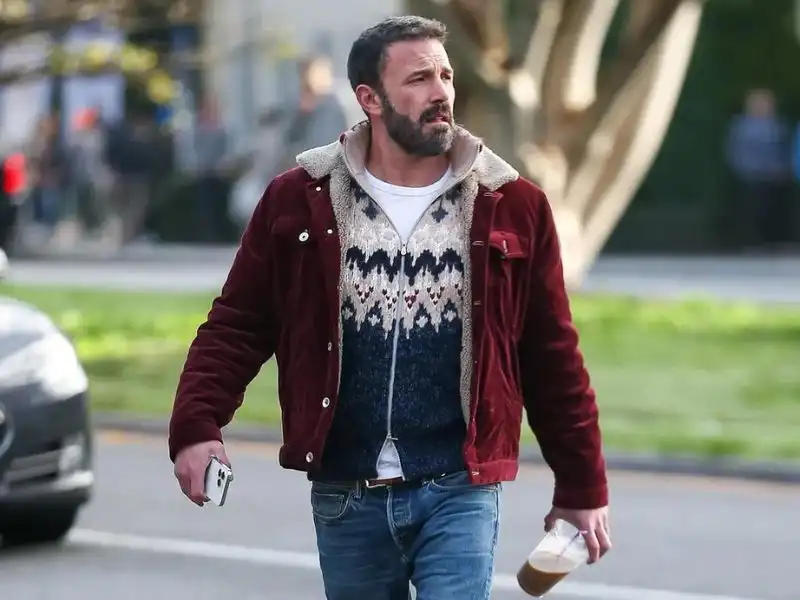
Affleck’s journey in the world of acting commenced at a young age, and he quickly gained recognition for his compelling performances. One of his early successes was his role in the film “Good Will Hunting,” which not only showcased his acting abilities but also earned him an Academy Award for Best Original Screenplay, which he shared with his close friend and fellow actor, Matt Damon.
Following this milestone, Affleck went on to star in numerous successful films, including “Armagedon,” “Pearl Harbor,” and “The Town.” His ability to portray diverse characters with depth and authenticity solidified his status as a sought-after actor in the industry.
While Affleck’s acting career continued to flourish, he also ventured into the realm of directing, where he found immense success. His directorial debut came with the film “Gone Baby Gone,” which received widespread acclaim for its gripping narrative and masterful direction. Affleck’s transition from actor to director was seamless, and he proved his mettle behind the camera.
He further solidified his position as a director to reckon with through his work in films such as “The Town” and “Argo.” The latter not only earned critical acclaim but also garnered Affleck the prestigious Academy Award for Best Picture, marking a significant milestone in his career.
Jodie Foster
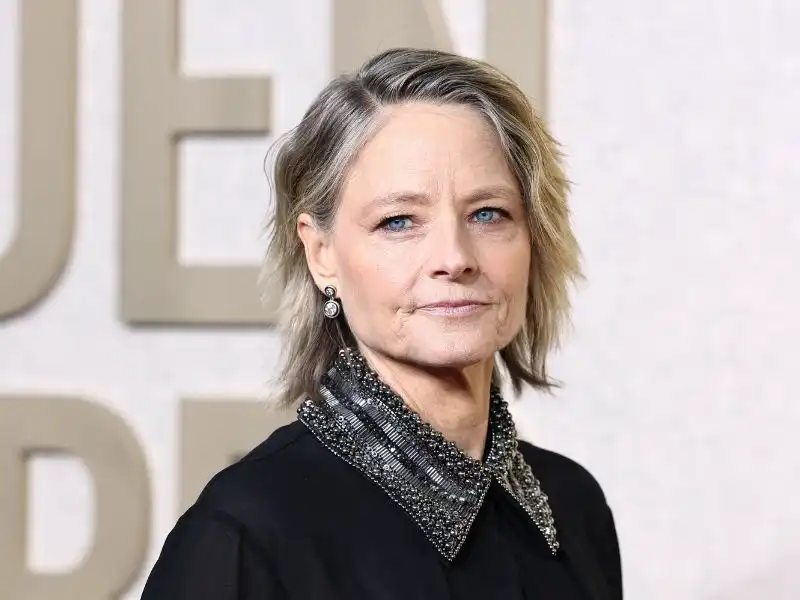
From a young age, Jodie Foster demonstrated a natural talent for acting. She quickly rose to fame with her powerful performances in a variety of roles, showcasing her versatility and depth as an actor. One of her early breakout roles came in the form of the 1976 film “Taxi Driver,” where she starred alongside Robert De Niro. Her portrayal of a child prostitute in the gritty and intense film earned her critical acclaim and her first Academy Award nomination.
Following this success, Foster continued to take on challenging and diverse roles, solidifying her status as one of Hollywood’s most talented performers. In 1991, she delivered a memorable performance in “The Silence of the Lambs,” a psychological thriller that has since become a classic in the genre. Her portrayal of Clarice Starling, an FBI trainee hunting a serial killer, earned her widespread recognition and her first Academy Award for Best Actress.
While Jodie Foster’s acting career alone would be enough to secure her a place in Hollywood history, she has also made significant contributions behind the camera as a director. Her directorial debut came in 1991 with the film “Little Man Tate,” a heartfelt drama about a child prodigy torn between his intellectual gifts and a desire for a normal childhood. The film received positive reviews and marked the beginning of Foster’s successful career as a director.
One of Foster’s most notable directorial achievements came with the 2011 film “The Beaver,” in which she also starred alongside Mel Gibson. The dark comedy-drama showcased Foster’s ability to tackle complex and unconventional subject matter, earning praise for her sensitive yet unflinching approach to storytelling.
Most recently, Foster directed the tense financial thriller “Money Monster” in 2016, starring George Clooney and Julia Roberts. The film received positive reviews for its gripping narrative and strong performances, further establishing Foster as a director with a keen eye for compelling storytelling.
Ben Stiller

Ben Stiller’s journey to stardom began with his comedic talents, which quickly garnered attention and acclaim. His early roles in films like “There’s Something About Mary” and “Meet the Parents” showcased his impeccable timing and ability to bring laughter to audiences worldwide. Stiller’s unique blend of physical comedy and sharp wit set him apart in an industry teeming with talent.
While his comedic roles undoubtedly endeared him to fans, Stiller also proved his mettle in more dramatic performances. His portrayal of the titular character in “The Secret Life of Walter Mitty” demonstrated his range as an actor, earning him praise for his depth and emotional resonance.
As a director, he has helmed several successful projects that have captivated audiences and critics alike. “Zoolander,” a cult classic that he both directed and starred in, showcased his ability to seamlessly blend satire with comedy, resulting in a film that has stood the test of time.
His directorial ventures have also delved into more introspective territory, as evidenced by “The Secret Life of Walter Mitty.” The film not only allowed Stiller to display his directorial finesse but also provided audiences with a visually stunning and emotionally poignant cinematic experience.
John Krasinski
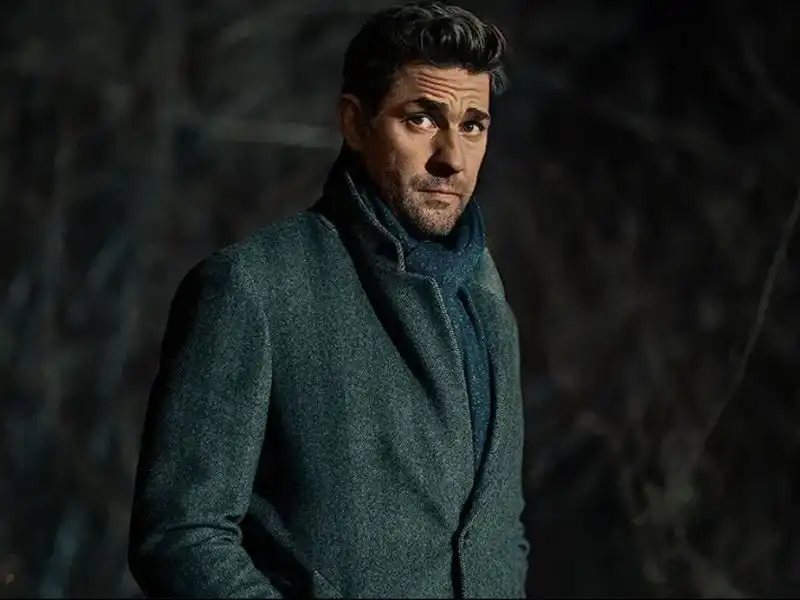
Krasinski’s journey to stardom began with his breakout role as Jim Halpert in the American version of “The Office.” His portrayal of the witty and endearing salesman not only endeared him to audiences worldwide but also established him as a talented comedic actor. Krasinski’s impeccable timing and ability to convey emotion through subtle expressions made him a standout performer on the acclaimed series.
Following his success on “The Office,” Krasinski transitioned to the big screen, where he continued to showcase his acting chops in a diverse range of roles. From romantic comedies like “License to Wed” to action-packed thrillers such as “13 Hours: The Secret Soldiers of Benghazi,” Krasinski proved that he was more than capable of tackling varied genres with aplomb.
While Krasinski’s acting career continued to flourish, he also ventured into the realm of directing, where he found tremendous success. His directorial debut came with the heartfelt family drama “Brief Interviews with Hideous Men,” which garnered critical acclaim for its poignant storytelling and sensitive portrayal of complex human emotions.
However, it was Krasinski’s foray into the horror genre with “A Quiet Place” that truly solidified his reputation as a formidable director. The film, which he also co-wrote and starred in alongside his real-life wife, Emily Blunt, captivated audiences and critics alike with its innovative premise and masterful execution. “A Quiet Place” not only showcased Krasinski’s ability to build tension and suspense but also highlighted his skill in eliciting powerful performances from his cast.
Bradley Cooper
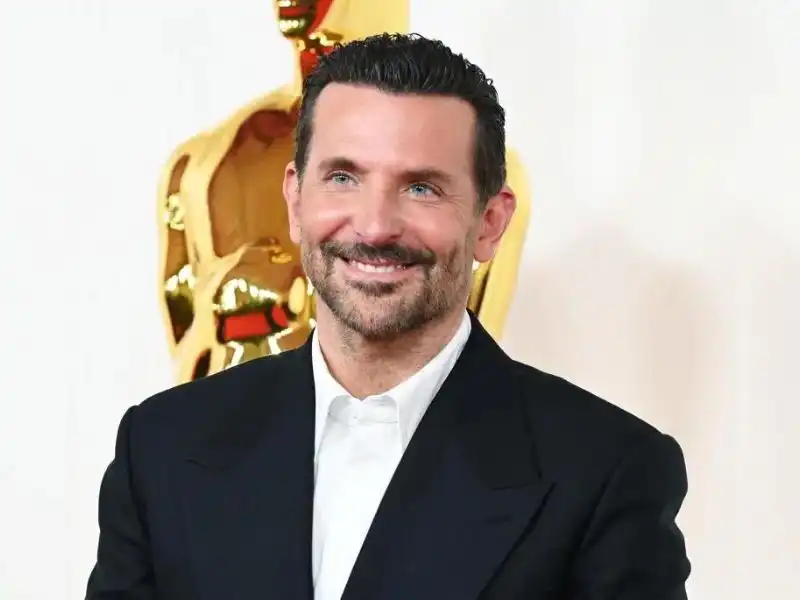
Cooper’s foray into acting began in the late 1990s, with small roles in television series and supporting roles in films. However, it was his breakthrough performance in the comedy film “The Hangover” that catapulted him to mainstream success. His portrayal of the charismatic and witty Phil Wenneck endeared him to audiences and showcased his comedic prowess.
Following the success of “The Hangover,” Cooper continued to display his range as an actor, taking on diverse roles that highlighted his acting chops. From intense dramas to lighthearted romantic comedies, he proved his ability to inhabit characters with depth and authenticity.
Cooper has ventured into the realm of directing with the film “A Star is Born.” This musical drama not only showcased his directorial skills but also demonstrated his musical abilities, as he starred alongside Lady Gaga in the lead role.
Cooper’s directorial debut was met with widespread acclaim, earning praise for its emotional depth, visual style, and poignant storytelling. The film’s success at the box office and during awards season further solidified Cooper’s reputation as a multifaceted artist with a keen eye for storytelling.
Jon Favreau

Before stepping behind the camera, Jon Favreau made a name for himself as an actor. He appeared in a variety of films, showcasing his acting prowess and endearing personality. One of his most notable roles was in the cult classic film “Swingers,” where he not only starred but also wrote the screenplay. His performance in the film garnered critical acclaim and solidified his position as a talented actor in Hollywood.
Following the success of “Swingers,” Favreau continued to take on diverse roles in both independent and big-budget films. His ability to bring depth and authenticity to his characters made him a sought-after talent in the industry. Whether he was portraying a comedic role or a dramatic character, Favreau’s on-screen presence never failed to captivate audiences.
His directorial debut came with the film “Made,” which he also wrote and starred in. The movie showcased his ability to helm a project from behind the camera, and it received positive reviews for its unique storytelling and compelling performances.
However, it was with the 2003 hit film “Elf” that Favreau truly made his mark as a director. Starring Will Ferrell, the heartwarming holiday comedy was a massive success, earning widespread praise from both critics and audiences. Favreau’s adept direction brought the magical world of “Elf” to life, solidifying its place as a beloved classic that continues to be cherished during the holiday season.
Building on the success of “Elf,” Jon Favreau further showcased his directorial talents with the 2008 superhero film “Iron Man.” As the director of the inaugural film in the Marvel Cinematic Universe, Favreau played a pivotal role in shaping the tone and visual style that would come to define the interconnected superhero franchise. “Iron Man” was a massive blockbuster, setting the stage for the expansive Marvel universe that followed.
Following the triumph of “Iron Man,” Favreau continued to leave his mark on the industry with films like “Iron Man 2” and “The Jungle Book.” His ability to seamlessly blend cutting-edge visual effects with compelling storytelling cemented his reputation as a director capable of delivering both critical and commercial successes.
One of his most notable directorial achievements came with the groundbreaking remake of “The Lion King” in 2019. Favreau’s innovative use of technology to bring the beloved animated classic to life in a visually stunning live-action adaptation was met with widespread acclaim.
Greta Gerwig

Greta Gerwig initially gained recognition for her acting prowess in indie films such as “Frances Ha” and “Mistress America.” Her natural charm and ability to portray complex characters endeared her to both critics and audiences. However, Greta’s ambitions extended beyond just being in front of the camera. She made a seamless transition to the role of a director, and her directorial debut, “Lady Bird,” was met with widespread acclaim.
Exploring Greta Gerwig’s Successful Films
As an Actor:
- Frances Ha (2012):
In this black-and-white gem, Greta Gerwig shines as the titular character, portraying the struggles and aspirations of a young woman trying to find her path in life. The film received praise for its authenticity and Gerwig’s captivating performance.
- Mistress America (2015):
Teaming up once again with director Noah Baumbach, Gerwig delivers a memorable performance as Brooke, a free-spirited New Yorker. Her comedic timing and ability to infuse depth into her characters make this film a delightful watch.
As a Director:
- Lady Bird (2017):
Greta Gerwig’s directorial debut was a coming-of-age masterpiece that struck a chord with audiences. The film, set in Sacramento, California, beautifully captured the complexities of the mother-daughter relationship and the protagonist’s journey of self-discovery. “Lady Bird” earned Greta critical acclaim and multiple award nominations, including an Oscar nod for Best Director.
- Little Women (2019):
Greta Gerwig’s adaptation of Louisa May Alcott’s classic novel showcased her directorial finesse yet again. The film received praise for its strong ensemble cast, captivating storytelling, and the timeless relevance of the narrative. Greta’s fresh take on the beloved tale earned her accolades and further solidified her position as a talented director.
Jordan Peele
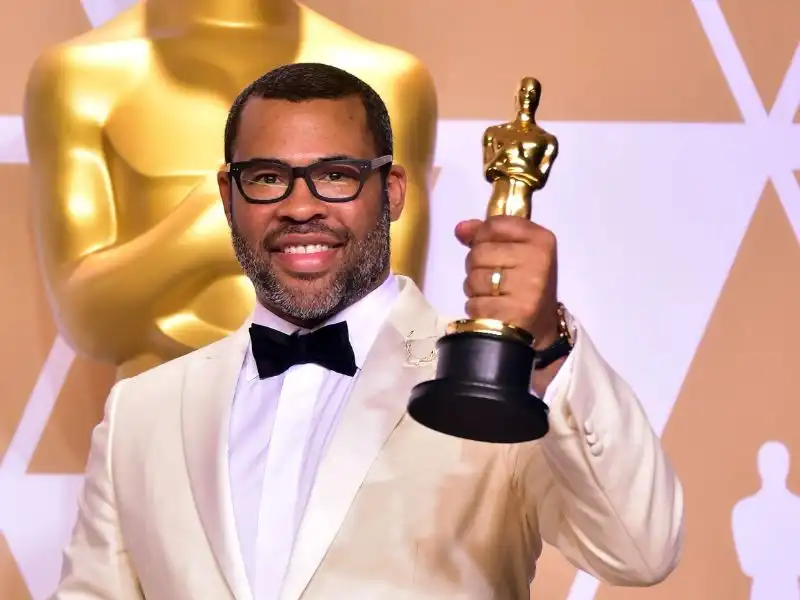
Before making a name for himself as a director, Jordan Peele was best known for his work in comedy. Alongside his long-time collaborator Keegan-Michael Key, Peele created the wildly popular sketch comedy show “Key & Peele.” The show’s success catapulted Peele into the spotlight, showcasing his comedic prowess and sharp wit.
However, Peele had aspirations beyond comedy. In 2017, he made his directorial debut with the film “Get Out,” a horror-thriller that defied genre conventions and delivered a powerful social message. The film was both a critical and commercial success, earning Peele widespread acclaim and establishing him as a formidable force in the world of cinema.
Following the success of “Get Out,” Peele continued to push boundaries with his sophomore effort, “Us.” The film once again delved into the horror genre while weaving in thought-provoking themes and intricate storytelling. “Us” further showcased Peele’s ability to captivate audiences while delivering a resonant and layered cinematic experience.





